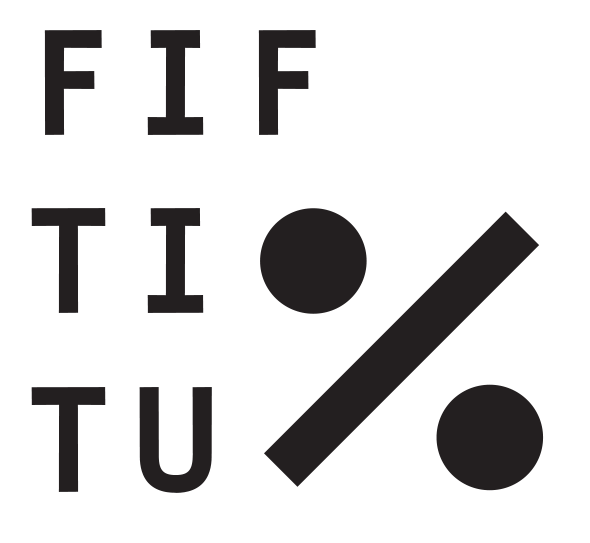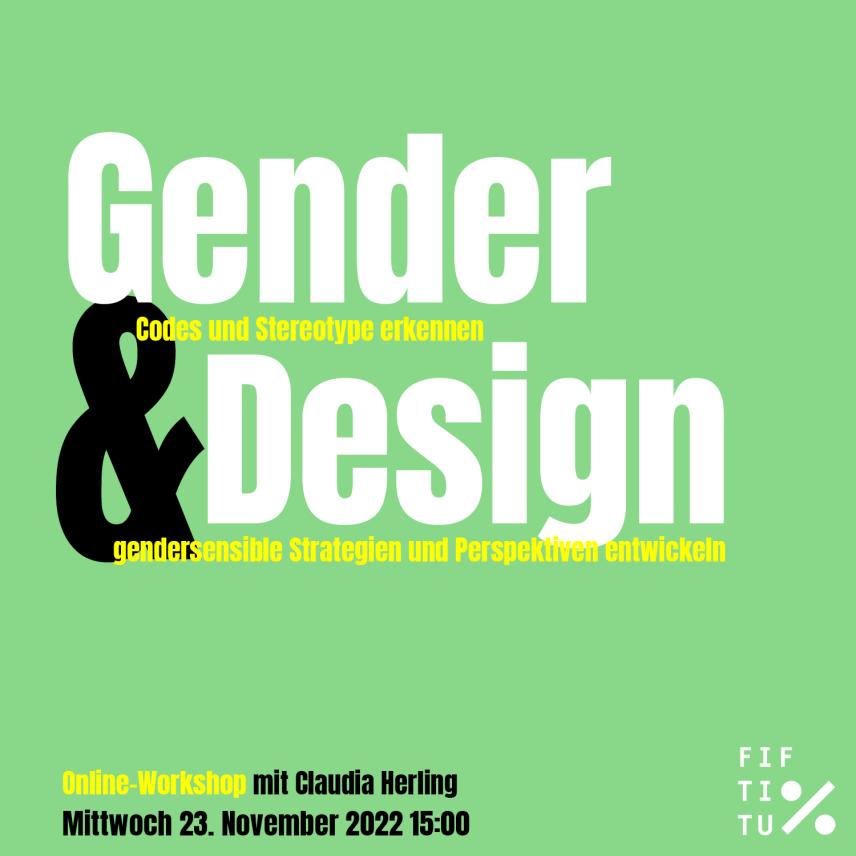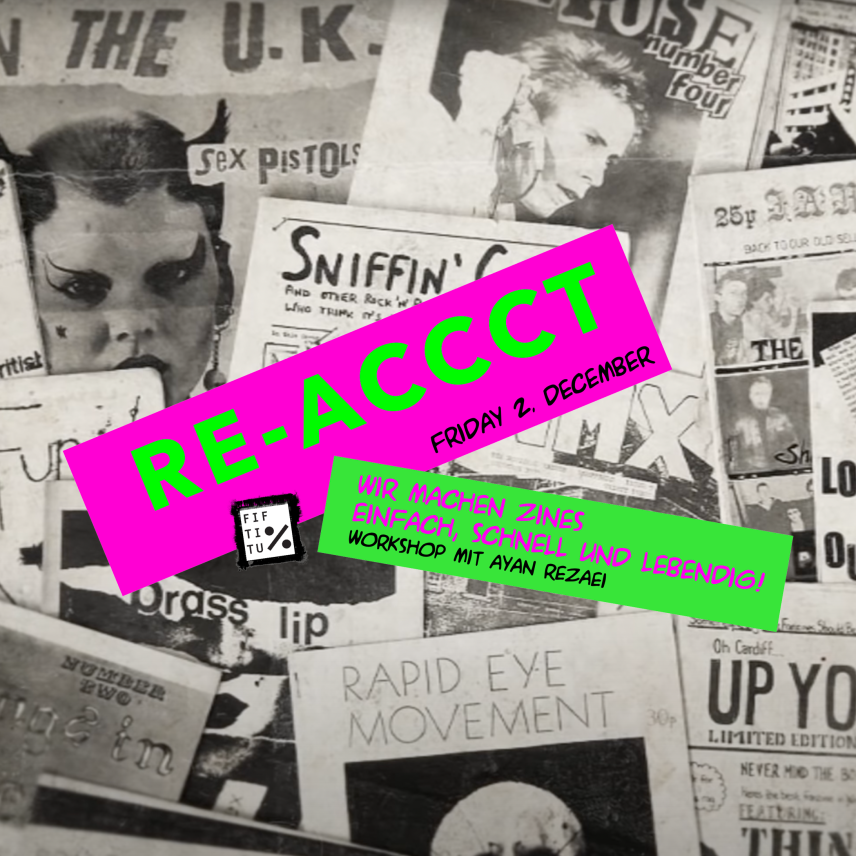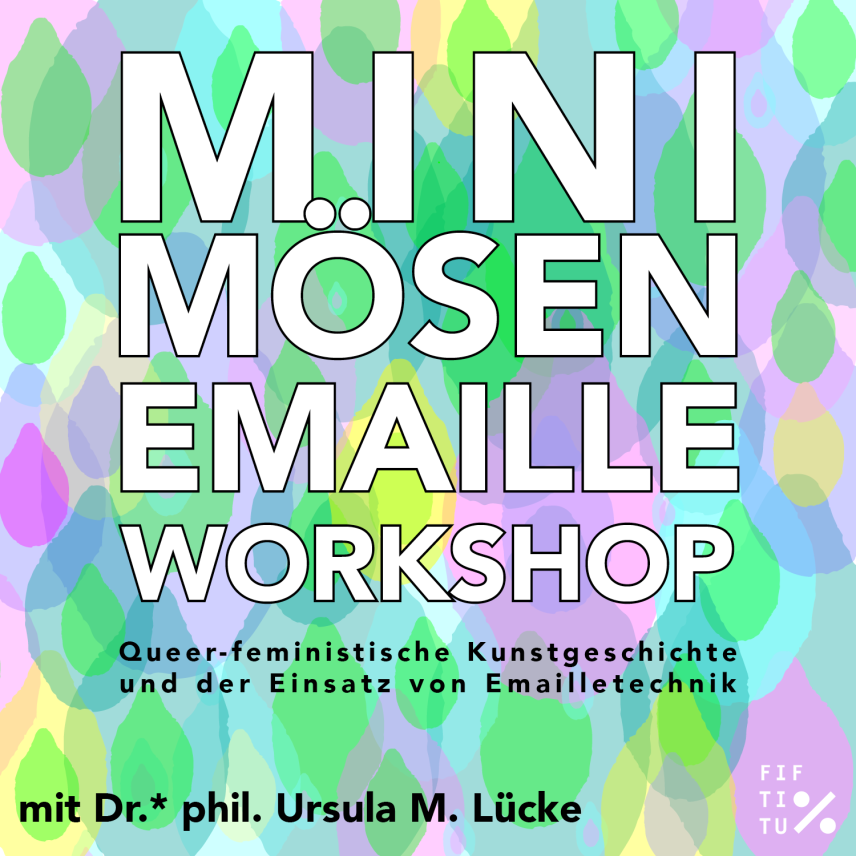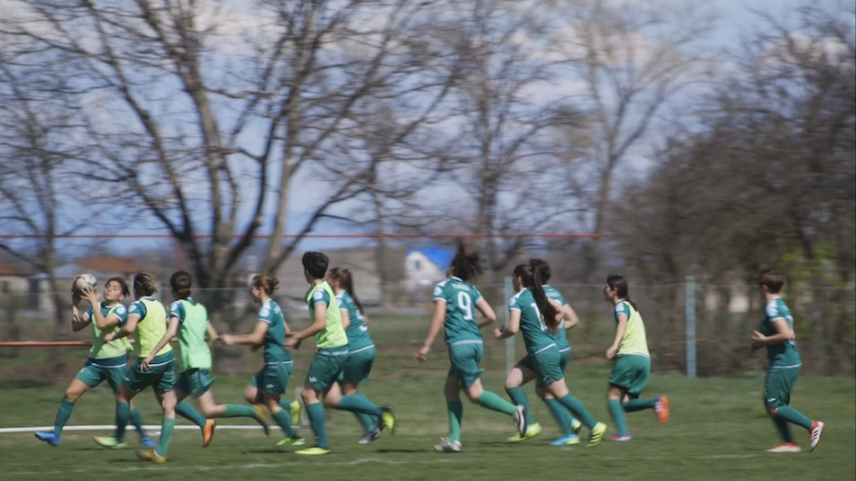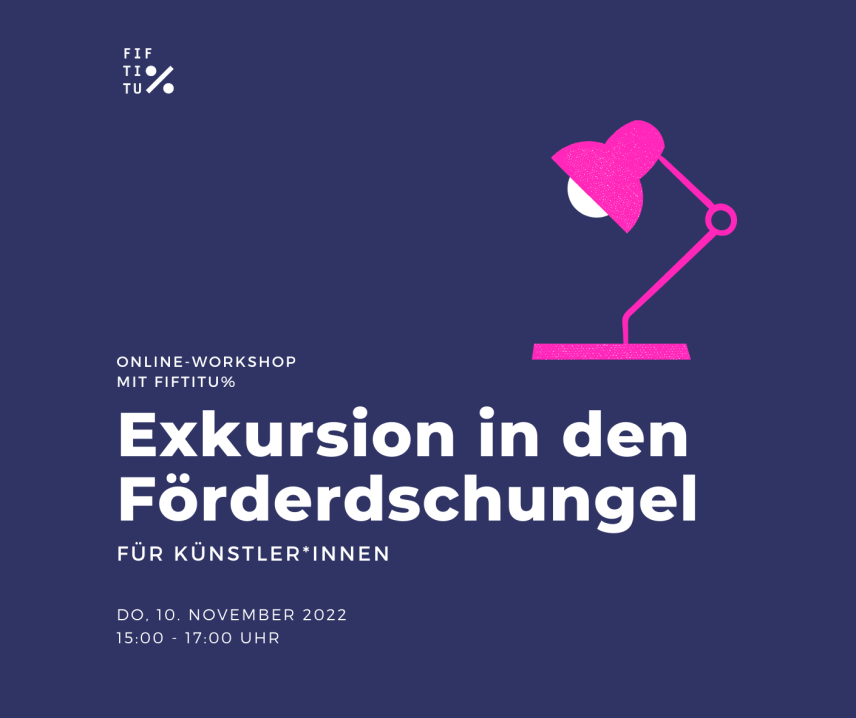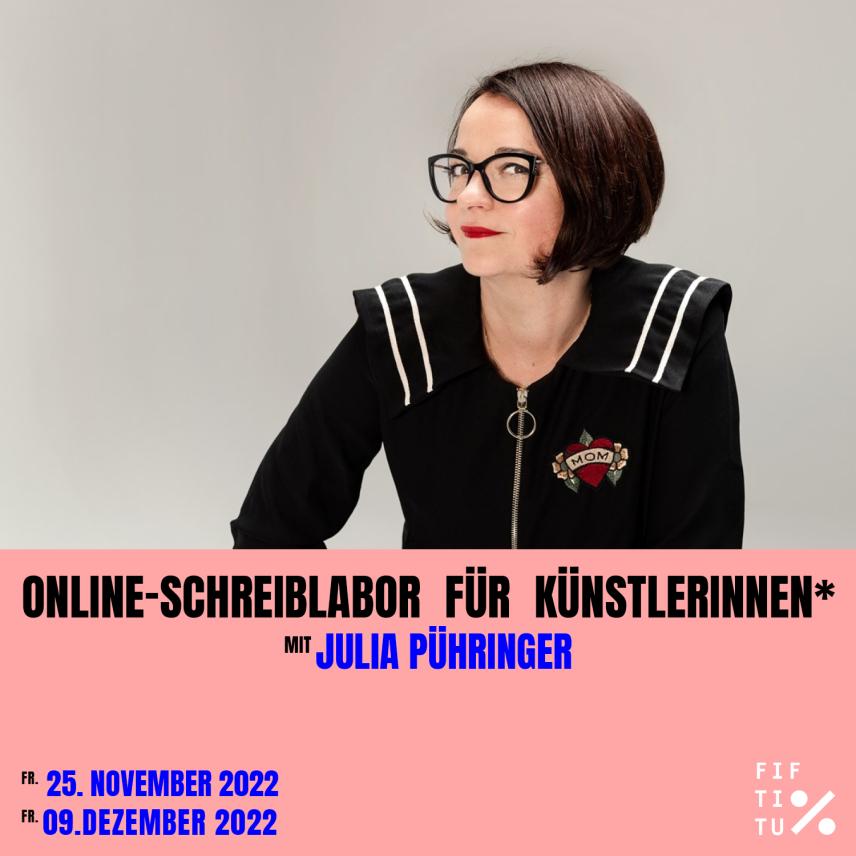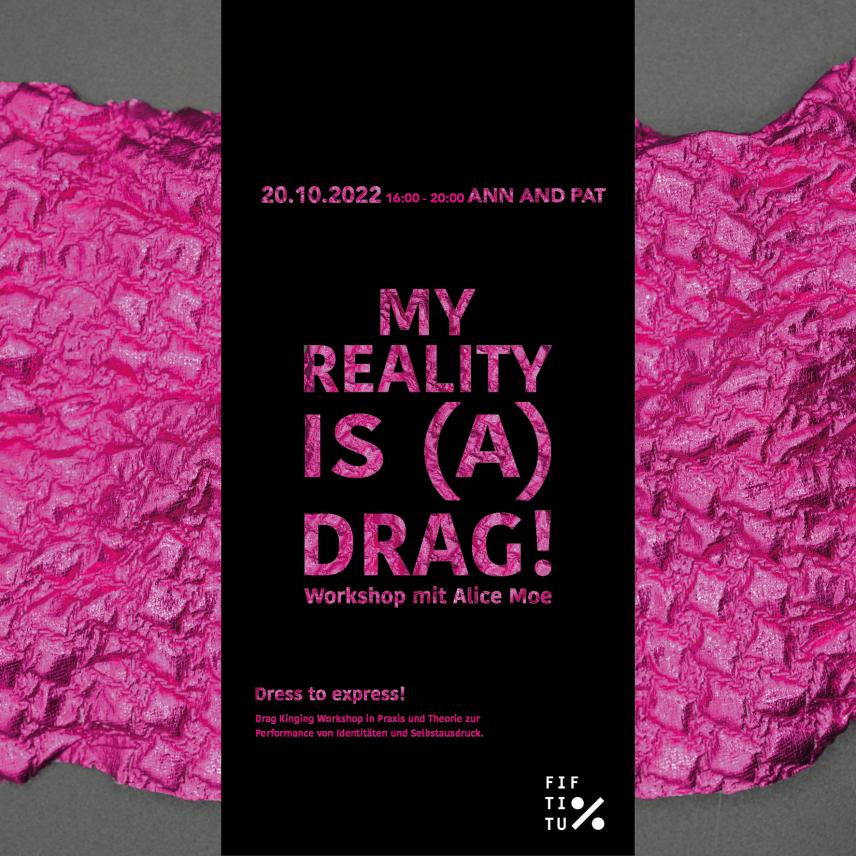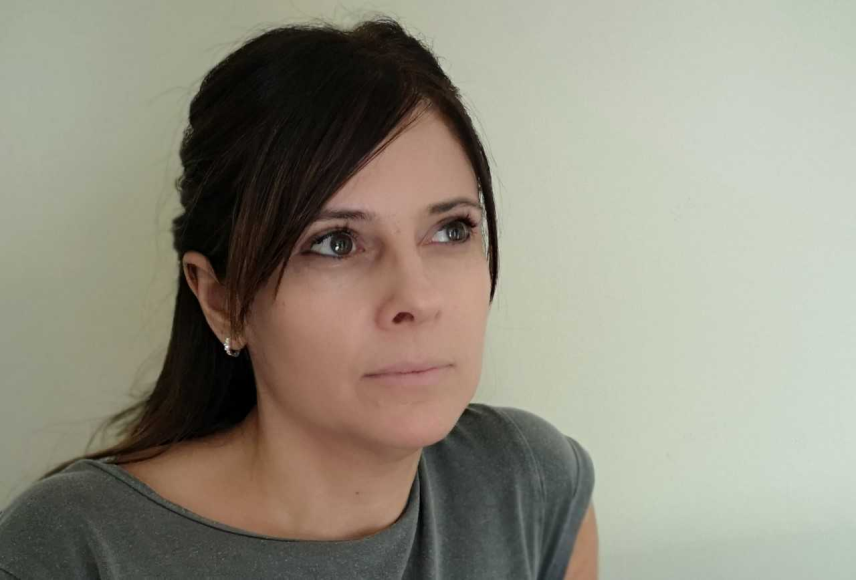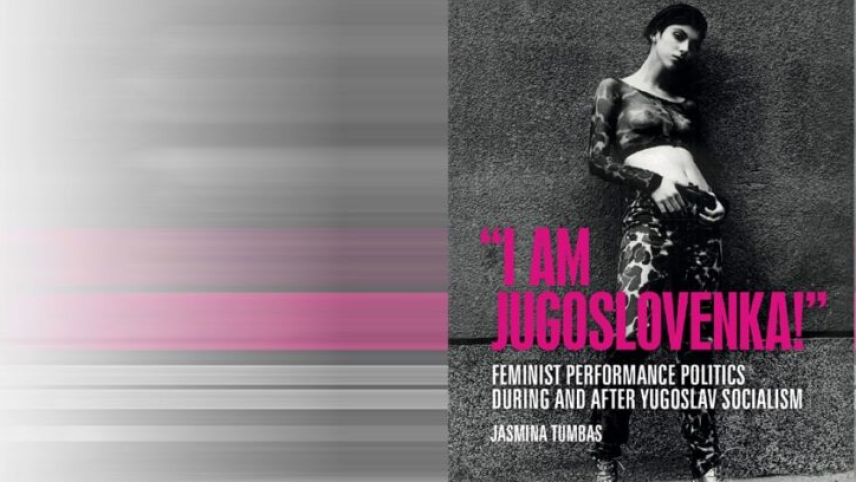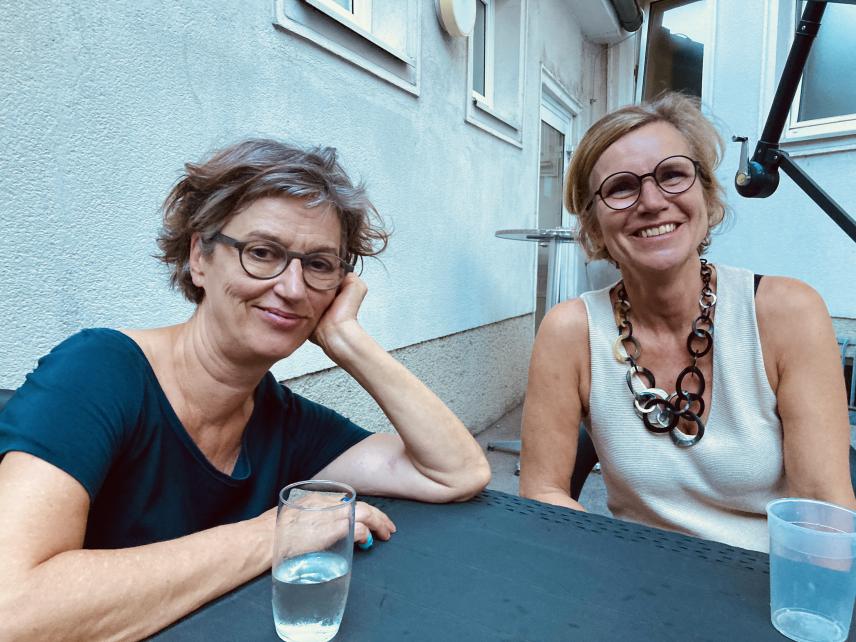Let`s stay in touch!
Make an appointment for a consultation!
FIFTITU% supports FLINTA✰ of all disciplines in artistic projects and careers.
Look at newsbase.at
Looking for funding? FIFTITU% provides information on newsbase.at about current calls for proposals in arts and culture.
Subscribe to the newsletter
The feminist newsletter provides information about FIFTITU%'s current activities at irregular intervals.
Recognizing codes and stereotypes, developing gender-sensitive strategies and perspectives
Online workshop with Claudia Herling
Wed, November 23, 2022, 15:00 - 18:00, Online (via ZOOM)
Re-Accct: We make zines - simple, fast and lively!
Presence workshop with Ayan Rezaei
Fri, December 2, 2022, 2:00 pm
Mini Snatch Enameling Workshop -
Queer-feminist art history and the use of enamel technique
Workshop with Dr.* phil. Ursula M. Lücke
Go here to register
In a brief overview of art history, the variations of vulva depictions - historical and queer up to the present - will be shown, contextualized and analysed. In the subsequent practice-oriented part of the workshop, each participant will create their own miniature pussy as miniature art in enamel technique. A participatory workshop between craft, art, theory and hydrophilic visual studies.
Film screening: HOW THE ROOM FELT
as part of Frau.Macht.Film. at the Moviemento cinema in Linz
Afterwards: Q&A with the director Ketevan Kapanadze & FIFTITU%
Online workshop by FIFTITU% for artists
Thu, November 10, 2022, 15:00 - 17:00, online (via ZOOM)
We will venture together into the dense jungle of art and cultural funding and provide an overview of the various types of funding in Austria, from the project funding species to competitions and scholarships to studio grants in theory and practice ...
Where can I submit? What should my application look like? What is a cost / time plan? What do I need to consider with the individual funding bodies? You are welcome to submit your own questions on the topic.
"Who am I anyway?" : Biographical self-portrayal in a small format
2-day online workshop with Julia Pühringer
Fri, November 25, 2022, 09:00 - 11:00, online (via ZOOM)
Fri, December 09, 2022, 10:00 - 12:00, online (via ZOOM)
Drag Kinging workshop in practice and theory on the performance of identities and self-expression
Presence workshop with Alice Moe
Fri, October 20, 2022, 16:00 - 19:00
Dress to express!
Women who slip into male identities in order to lead an economic and secure life have been known throughout history for centuries.
Drag kinging opens up the possibility of recognizing gender differences through women's experiences of discrimination, reflecting on them critically and working on them by making them visible. After all, appropriating stereotypical male role models also means maintaining privileges without having to do anything about it.
The European Day of Languages is held on the 26th of September every year. It aims to raise awareness about language learning and linguistic diversity. Thus we are dedicating the current 52 Radiominuten show to the gender inclusive language.
aufgequeerlt
In society, gender inequality is perpetuated by several complex factors, and linguists are aware of those. Gender inclusive language alone won't dismantle structural gender oppression. Rather opposite, gender inclusive language is a key symbolic element in struggle for gender equality,
emphasized Slovenian linguist Branislava Vičar in our interview.
In June's radio show we broadcasted an interview with the author Jasmina Tumbas, an Assistant Professor Global Gender and Sexuality Studies at the University at Buffalo, about her new book "I am Jugoslovenka!" Feminist performance politics during and after Yugoslav Socialism (Manchester University Press, 2022).
According to a report by the United Nations Women, crises such as Covid-19 reinforce existing inequalities. This is why women* and girls* are particularly hard hit by the pandemic and its consequences.
Daniela Banglmayr, Susanne Baumann and Sandra Hochholzer wanted to explore these inequalities in the publication Female positions.
The editors were able to attract female authors from the fields of media, art, science and education for Female Positions. There is also a series of programs of the same name with audio portraits of the authors.
- First page
- Previous page
- …
- 6
- 7
- 8
- 9
- 10
- 11
- …
- Next page
- Last page
